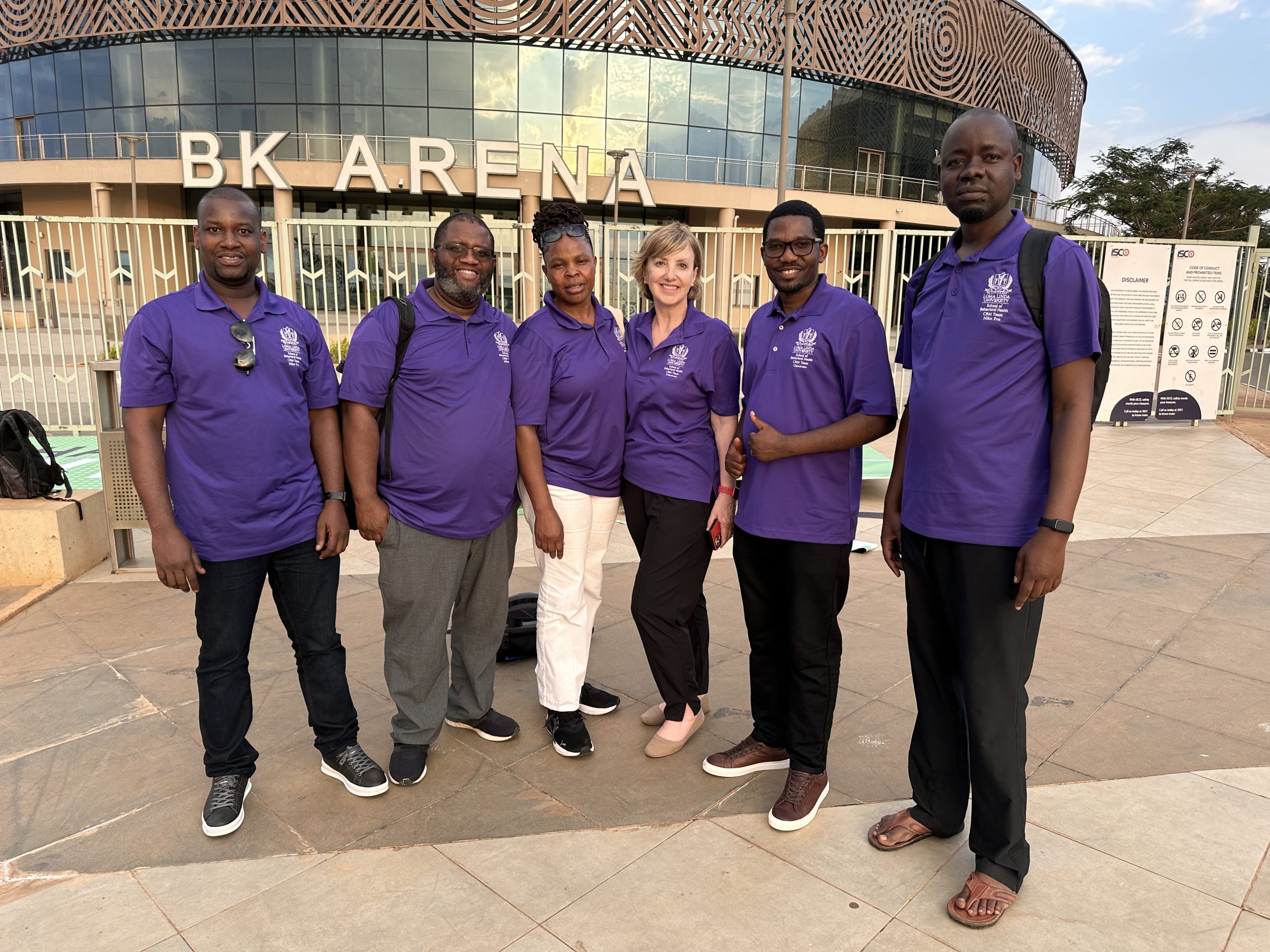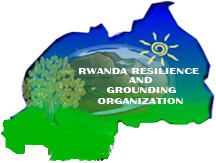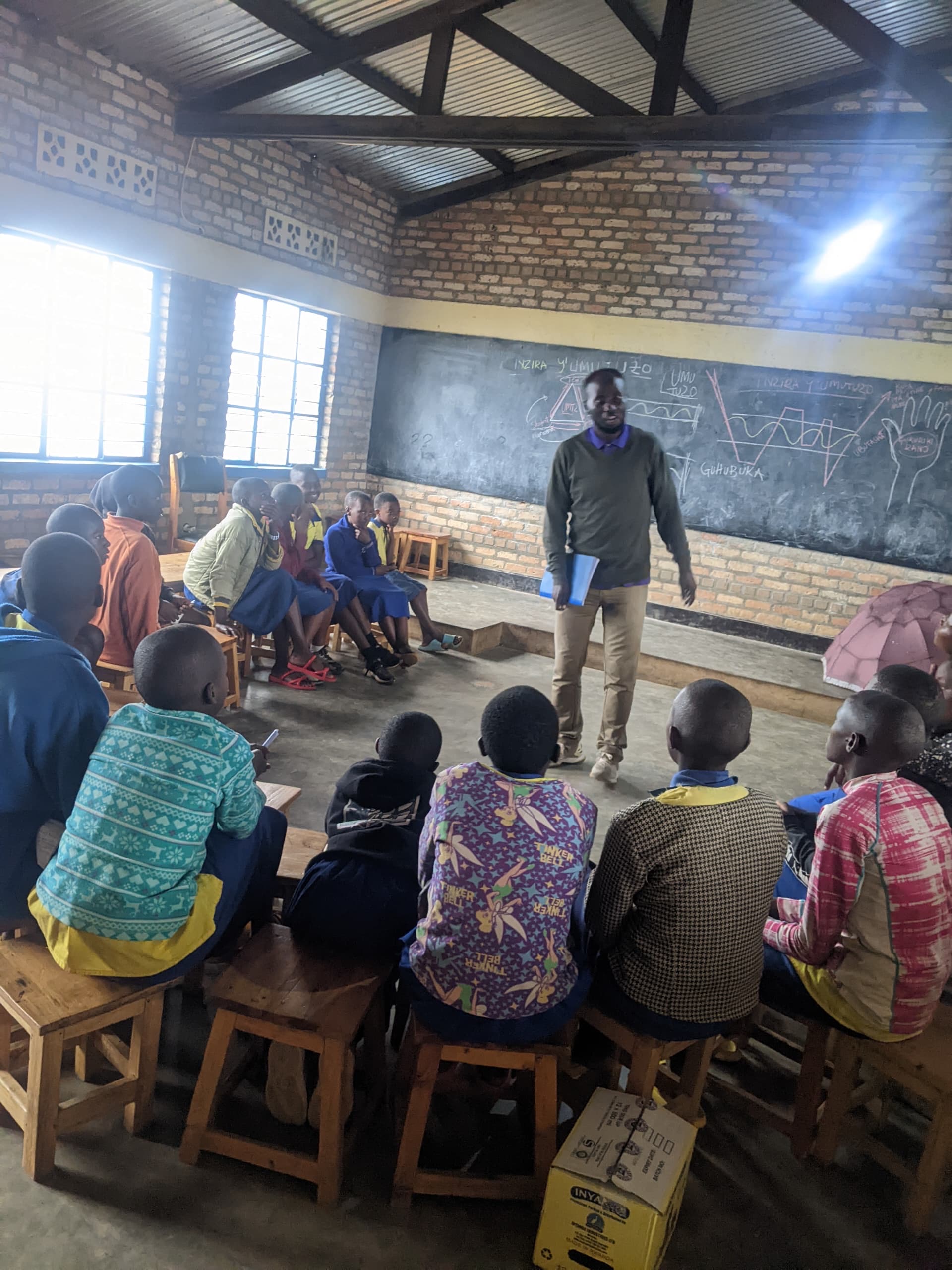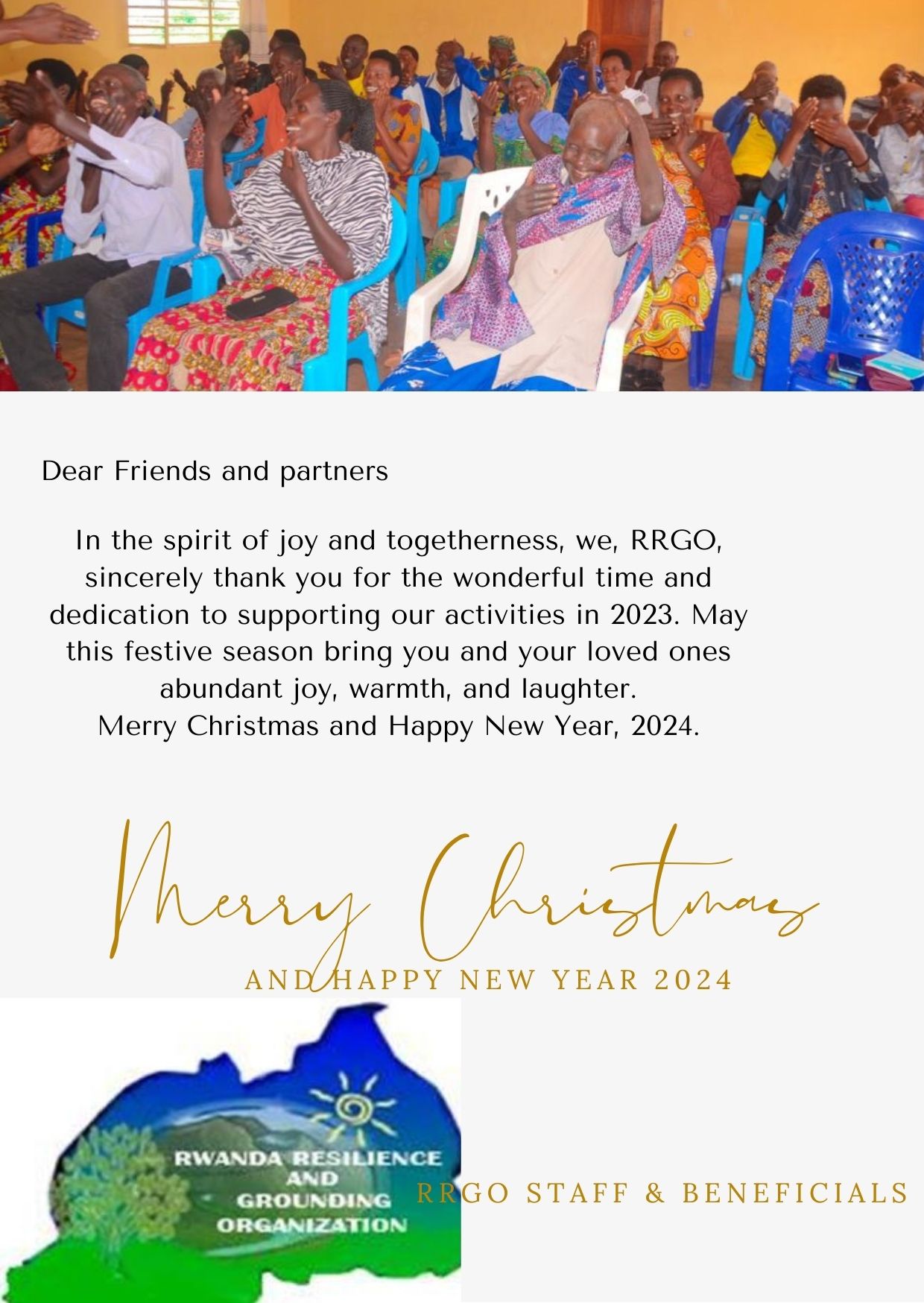The Rwanda Resilience and Grounding Organization (RRGO) has recently launched the Families, Schools, and Community Engaged Together (FASCET) program in Rwanda. This two-day initiative is a significant step forward in strengthening resilience within families, schools, and communities across the country. The program builds upon RRGO’s extensive experience in implementing the Community Resiliency Model (CRM), which has been a cornerstone of mental health interventions in Rwanda for the past nine years.


Training and Collaboration for a New Approach
Over the course of two days, 15 RRGO staff members underwent intensive training on how to implement the FASCET program. On the second day, the training was expanded to include collaboration with teams from Loma Linda University in the USA, including Prof. Susanne Montgomery, PhD, Prof Lister Zephone, PhD, Adventist University of Africa, Dr. Janet Adhiambo,Prof. Derrick Okinyi,PhD and representatives from Sierra Leone, Mr. Peter Abdulrahman Turay where FASCET has already been implemented in Kenya and Sierra Leone. This international team gathered for an in-depth seven-hour training session each day, hosted at the University of Rwanda’s College of Medicine and Health Sciences.

The goal of this training was to adapt the FASCET program to the Rwandan context, ensuring its relevance and effectiveness in addressing the specific needs of Rwandan families, schools, and communities. By incorporating FASCET into its existing programs, RRGO aims to enhance its efforts to promote mental health and resilience in Rwanda.
What is the FASCET Program?
FASCET is a low-intensity, guided self-help resilience program based on the Community Resilience Model (CRM) and evidence-based relationship education. The program equips children, families, and educators with the tools they need to manage adversity, interpersonal issues, and traumatic stress. It focuses on building resilience within the family unit and the broader community by teaching practical skills for emotional regulation and improving relationships.
FASCET in Action: Training Teachers, Parents, and Children

During the two-day training, RRGO staff learned how to implement FASCET in various settings, including schools and family environments. The program is designed to be adaptable, providing tools for teachers, parents, and children alike to foster well-being and resilience. Through a collaborative approach, participants gained practical knowledge on how to use FASCET to address the unique challenges faced by Rwandan families and schools.
Launching a Pilot Project in Nyamagabe District
Following this training, RRGO, with support from Loma Linda University’s School of Behavioral Health, will launch a pilot project of the FASCET program in the Nyamagabe District of Rwanda. This project will focus on providing FASCET training to 5th-grade teachers, their students, and the students’ parents. The program aims to promote wellness and resilience skills in students from an early age, while also involving parents and teachers to create a supportive and harmonious environment for children to thrive.By targeting the entire ecosystem around the child—families, schools, and communities—the FASCET program seeks to create a sustainable and lasting impact on mental health and resilience among children in Rwanda.
A Sustainable Contribution to Rwanda’s Future
RRGO’s long-term vision for the FASCET program is to sustainably contribute to Rwanda’s mental health infrastructure. By training teachers, parents, and students in resilience-building techniques, the program aims to create a ripple effect of positive change throughout the community. As the program expands, it will continue to address the critical need for early intervention in mental health, helping Rwandan children and families build the skills necessary to cope with life’s challenges and overcome childhood trauma adversities. With the support of international partners such as Loma Linda University and RRGO commitment, the FASCET program represents a powerful tool for improving the mental health and resilience of Rwandan communities.

Conclusion
The introduction of the FASCET program in Rwanda is a testament to RRGO’s commitment to fostering mental well-being and resilience not only by adults but also by cutting transgeneration trauma from parents to children. By combining CRM’s proven techniques with a focus on family and community engagement, RRGO is providing Rwandan children, families, and educators with the skills needed to navigate adversity and thrive. The pilot project in Nyamagabe District will pave the way for future expansions, helping to ensure a brighter, more resilient future for all Rwandans. Together, we can extend our Resilience zone. Yes, we face adversity, but it does not define us, and it is not our last choice.
“We continue our activities because of your donations; Man hands make the right work.” Donate to RRGO Donate “





Congratulations RRGO for your contribution in strengthen community mental health and social well-being through model resilience approach .